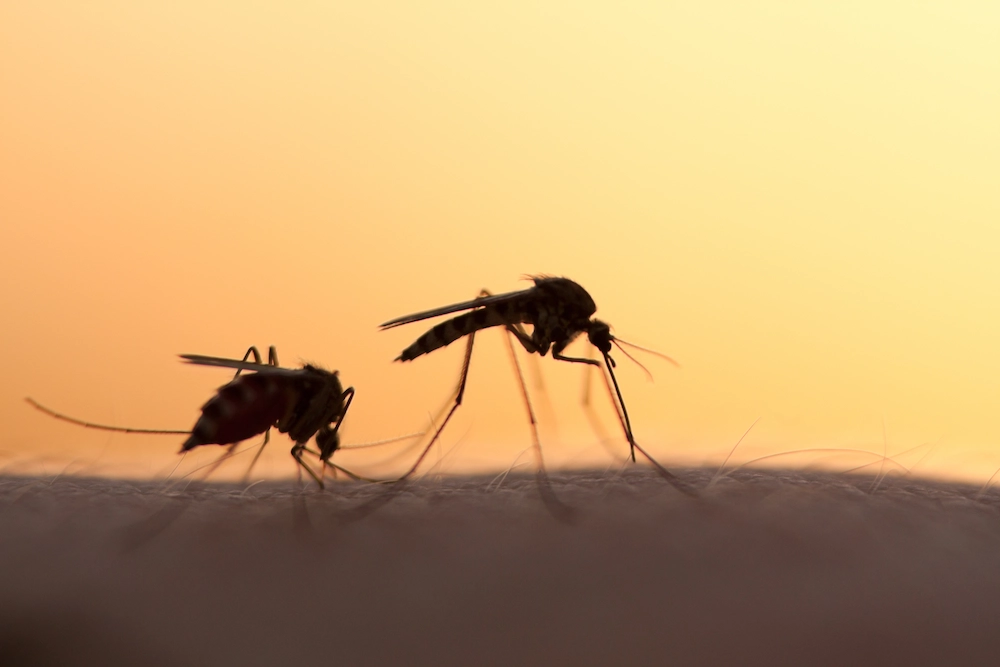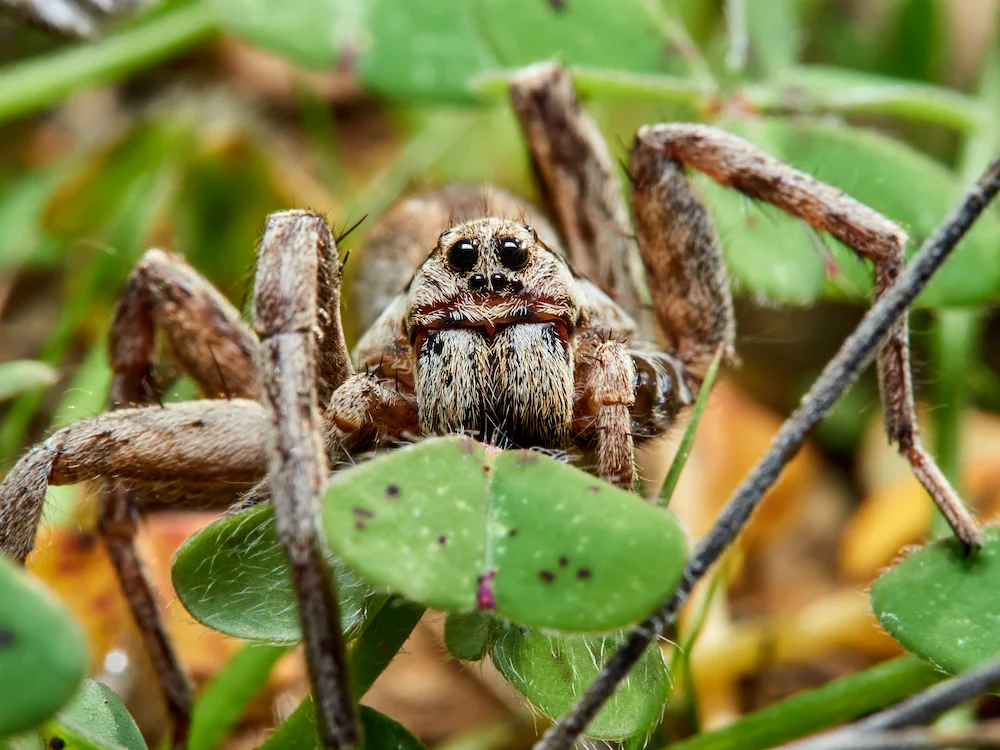Hantavirus is a scary disease spread by mice and other rodents. Early symptoms include; fatigue, fever, and pain in the large muscles of the legs and back. Sometimes patients will also experience chills, nausea, vomiting, and diarrhea, yet these symptoms only occur half of the time. Real trouble starts in four to ten days. Your lungs begin to fill with fluid and each breath feels as if it’s taken through a pillow. Death occurs in 38% of cases.
How is the virus spread to humans?
Wherever mice go, their pee and poop are sure to follow. The virus is found in their droppings. When people sweep areas laden with urine and feces, hantavirus becomes airborne. The free-floating disease is soon breathed into the lungs and infection begins.
Eliminating hantavirus hotspots
Before you think about moving to a place that doesn’t have mice, just remember that wherever humans can live, mice can too. Breathe easy; there are ways of eliminating the risk of hantavirus. The Center for Disease Control has great recommendations. www.cdc.gov/rodents/prevent_infestations/clean_up.html
Keep mice out. If you see a hole the size of a dime, a mouse can fit through it. Don’t give them the half an inch. Get your caulk and wire mesh ready, because it’s time to do indoor walkthroughs and outdoor reconnaissance. Look inside cupboards especially near plumping. When your crusade reaches outside, focus on the spaces where pipes enter your home. Make sure you check the attic and the crawl space.
Kill the invaders.
It might sound harsh, but it’s either you or them. All your hard precautionary work will not amount to anything if rodents have already made it inside. Bring in the traps! Specialists recommend the avoidance of glue and live traps. A scared, stuck mouse will urinate, defecate and stir up hantavirus dust. Lethal traps designed for mice are your best bet. A pea-sized dollop of peanut butter on the trap is all you need to get the rodents’ attention.
Cleanliness is next to hanta-freeness. This step is two-fold. The first part is to eliminate any potential food sources. That means you’ll need to clean up crumbs, keep food in thick plastic containers, keep bird feeders away from the home, and avoid leaving pet food out overnight. The second part deals with cleaning up the dead rodents and their desecration. If you wake up and your traps are filled with dead mice, open windows and let in some fresh air. Next, you can give the mice a bleach water shower. Bleach will kill the virus and keep the dust down. Do not sweep. Slap some gloves on your hands and use paper towels to mop up after the rodents.
You can conclude that rodent control is a lot of work. If the task seems too great, give Pointe Pest Control a call. We have technicians that specialize in eliminating furry invaders. Keep your house, garage, yard, or cabin from being Hantavirus hotspots. Grab your phone and let Pointe Pest Control do the job for you. Why take the risk?



